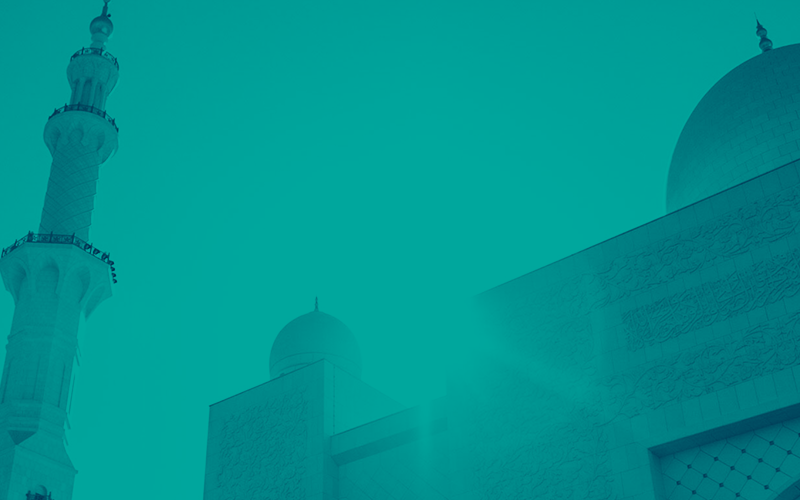Dear Reader,
As the immediate fallout from the Iran-Israel confrontation subsides, regional volatility and reordering continues.
In the Gulf, Andrew Leber examines how Gulf Cooperation Council states—particularly Qatar and Saudi Arabia—are avoiding direct involvement in the Iran-Israel conflict, though each is, as he writes, “taking its own path.” Qatar continues its active diplomacy, while Saudi Arabia focuses on economic insulation and a “zero problems with neighbors” approach.
On Lebanon, Michael Young urges Lebanese officials to act on U.S. envoy Tom Barrack’s pressure to disarm Hezbollah by garnering national consensus, narrowing “Hezbollah’s margin of maneuver within the state,” and engaging Iran diplomatically. The success of such a strategy, Young argues, depends on building “domestic legitimacy and international support.”
Turning to Syria, Gregory Waters assesses emerging models of governance following Assad’s fall, focusing on what he describes as a “hybrid” system combining grassroots councils with central authority. “To move away from instability and toward a new and more promising phase,” Waters says, “internal reforms should be undertaken together, and sooner rather than later.” In a related analysis, Adam Fefer outlines the risks facing Syrian Alawites and prospects for “improved security and solidarity.” He concludes, Syria’s success depends on “a just political order for the groups comprising Syria’s plural society.”
In North Africa, Hamza Meddeb analyzes how Algeria and Morocco are “employing economic statecraft to carve out regional leadership roles for themselves.” According to Meddeb, the use of energy partnerships and trade leverage is reshaping bilateral European relationships, with implications that, in his words, risk “destabilizing consequences” and require “strategic caution and nuanced diplomacy.”
As regional volatility persists, we invite you to explore this month’s analyses and welcome your thoughts.
Warm regards,
Karim Sadjadpour
Senior Fellow, Middle East Program
The U.S. & Iran
Donald Trump’s bombing of Iran’s nuclear facilities is a once-in-a-generation event that could transform the Middle East, U.S. foreign policy, the effort to stop the proliferation of nuclear weapons and potentially the global order.
By Karim Sadjadpour
The Gulf
Despite newfound support for diplomatic solutions, the monarchies collectively appear unable or unwilling to do more than keep a door open to Tehran in the event of future talks.
By Andrew Leber
Lebanon
In addressing Hezbollah’s disarmament, the Lebanese state must start by increasing its own leverage.
By Michael Young
Syria
Damascus is increasingly adopting a system of rule that combines centralized and localized forms of administration and security maintenance, an approach that seems suited to the needs of a country fractured by civil war.
By Gregory Waters
Syria
As Syria's interim government establishes its rule, the protections it affords minorities including Alawites will set the course for Syria's pluralistic future.
By Adam Fefer
Morocco & Algeria
Rabat and Algiers are increasingly leveraging whatever advantages they enjoy—whether in terms of energy and trade with their neighbors or the ability to stem the flow of undocumented migrants to Europe—to further their domestic and regional ambitions.
By Hamza Meddeb
Gaza
Once Israel’s war in the territory is brought to an end, the foundational principles guiding reconstruction should be Palestinian self-determination, local agency, and sovereignty.
By Nur Arafeh and Mandy Turner
Syria
The recent fighting was far more than a transient security incident. It was a profound setback for society.
By Kheder Khaddour
Events & Media
- Karim Sadjadpour on Iran's options Listen to the podcast
- Sarah Yerkes on whether Trump can negotiate peace in Gaza Watch the interview
- Andrew Leber on the future of U.S.-Iran relations Listen to the interview
